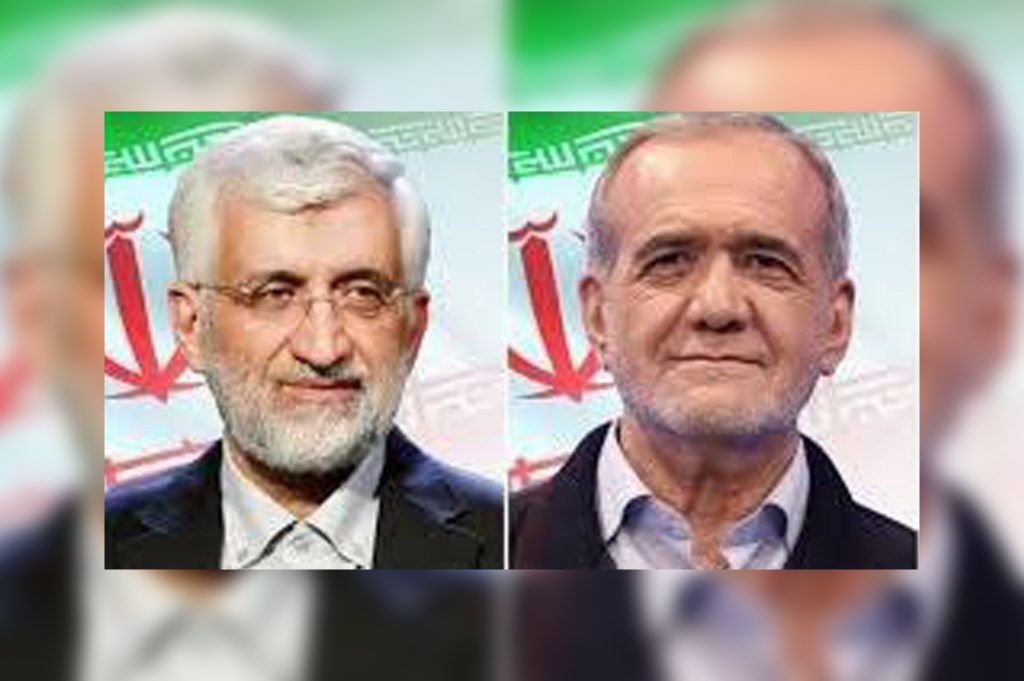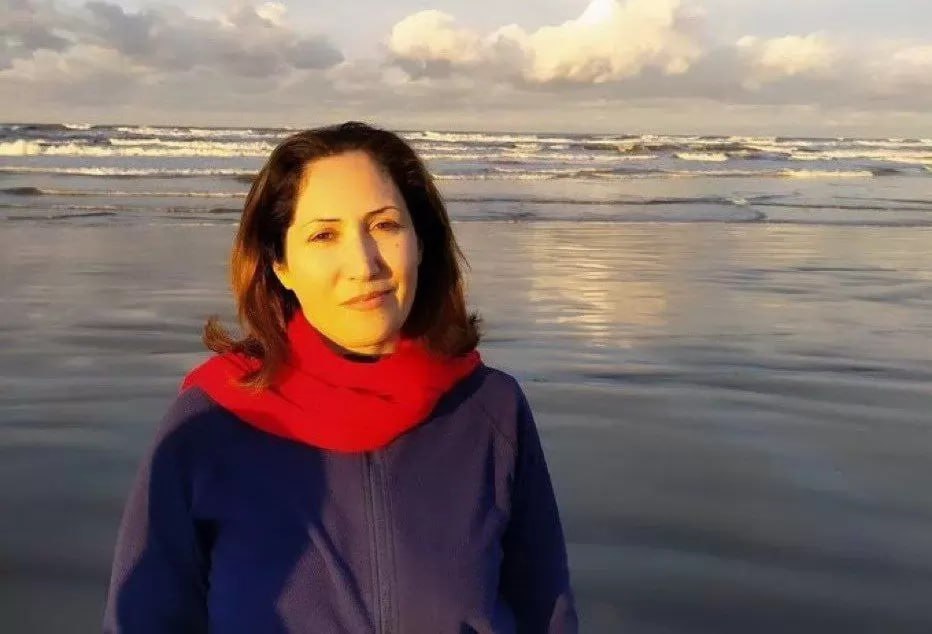
Saeed Jalili, the candidate from the “Absolute Reactionary Front,” and Massoud Pezeshkian, the candidate from the “Relative Reactionary Front,” have expressed their views on women’s issues in the presidential race. It is clear that both are wary of losing the limited number of voters they might have, thus speaking ambiguously and hypocritically about these matters. However, they still reveal their deeply ingrained misogynistic tendencies.
Pezeshkian fails to unequivocally oppose the reactionary “Chastity and Hijab” law sent by the parliament to the Guardian Council and hesitates to speak against the enforcement of compulsory hijab. He once proudly claimed responsibility for purging offices and medical centers of unveiled women and enforcing hijab in hospitals and medical schools. This history contradicts his current cautious promises to address violence against women, which are likely to face significant opposition from the male-dominated parliament, the Guardian Council, and the Supreme Leader if he ever attempts to fulfill them.
In contrast, Jalili openly supports mandatory hijab, the morality police, and anti-women laws. His campaign representative, Maryam Ashrafi-Goodarzi, made a repulsive statement claiming that unveiled women who face sexual assault have no right to complain because their lack of hijab supposedly incites men. Jalili’s silence on this matter indicates his approval. He also falsely attributes the success of Iranian women in various fields to the Islamic culture that confines them to traditional roles, ignoring the fact that many successful women have risen despite the oppressive regime, often facing interrogation, humiliation, imprisonment, or forced exile.
Achieving gender equality and ending discrimination under a regime like the Islamic Republic will never be realized. Such rights can only be attained through the freedom-seeking and equality-driven struggles of Iranian women and men, and through the overthrow of the Islamic regime. However, Iranian women are not starting from scratch; they and their supporters have been fighting for freedom and equality for over a century, with the Jina Revolution being a recent pinnacle of this struggle.
Since its inception, the Islamic regime has tried to use religious superstitions and entrenched patriarchy to impose a subordinate status on women. But instead of succeeding, it has faced resistance from women who have been at the forefront of the fight for the separation of religion from the state, a crucial prerequisite for any democratic system.
Over the past 45 years, women have resisted the apartheid-like regime in Iran, standing alongside the working class and other oppressed groups to pave the way for a society where they can have a real and equal rights with men.

